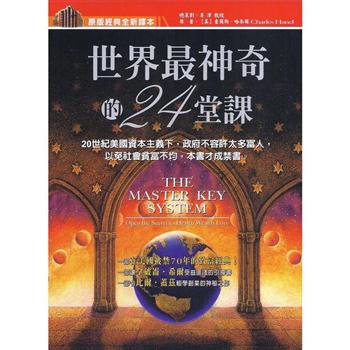Haile Selassie I, the last emperor of Ethiopia, was as brilliant as he was formidable. An early proponent of African unity and independence, Haile Selassie, who claimed to be a descendant of King Solomon, fought with the Allies against the Axis powers during World War II and was a messianic figure for the Jamaican Rastafarians. Written by Asfa-Wossen Asserate, Haile Selassie’s grandnephew, this is the first major biography on this final “king of kings.”
Asserate introduces Haile Selassie as a reformer and an autocrat whose personal history—with all of its upheavals, promises, and horrors—reflects in many ways the history of the twentieth century itself. Chosen as Time’s “Man of the Year” in 1936 for resisting Mussolini’s invasion of Ethiopia, Haile Selassie was celebrated by many as the anti-colonialist “father of Africa.” But the final years of his empire saw turmoil and revolution, and he was ultimately overthrown and assassinated in a communist coup.
Asserate, who spent his childhood and adolescence in Ethiopia before fleeing the revolution of 1974, knew Haile Selassie personally and gained intimate insights into life at the imperial court. Using his own personal experiences and painstaking research in family and public archives, Asserate has achieved a colorful and even-handed portrait of the emperor and his tumultuous reign.
Asserate introduces Haile Selassie as a reformer and an autocrat whose personal history—with all of its upheavals, promises, and horrors—reflects in many ways the history of the twentieth century itself. Chosen as Time’s “Man of the Year” in 1936 for resisting Mussolini’s invasion of Ethiopia, Haile Selassie was celebrated by many as the anti-colonialist “father of Africa.” But the final years of his empire saw turmoil and revolution, and he was ultimately overthrown and assassinated in a communist coup.
Asserate, who spent his childhood and adolescence in Ethiopia before fleeing the revolution of 1974, knew Haile Selassie personally and gained intimate insights into life at the imperial court. Using his own personal experiences and painstaking research in family and public archives, Asserate has achieved a colorful and even-handed portrait of the emperor and his tumultuous reign.












